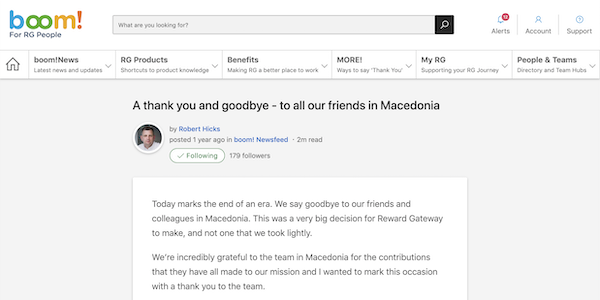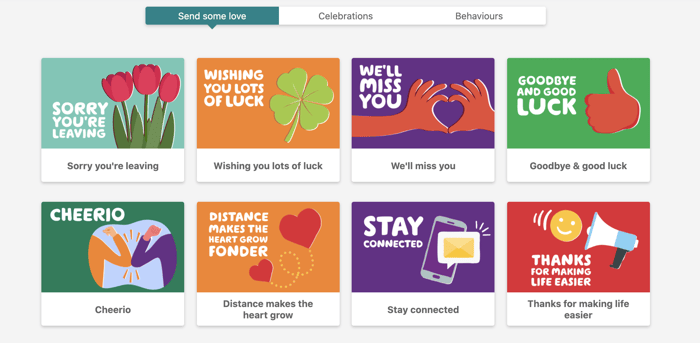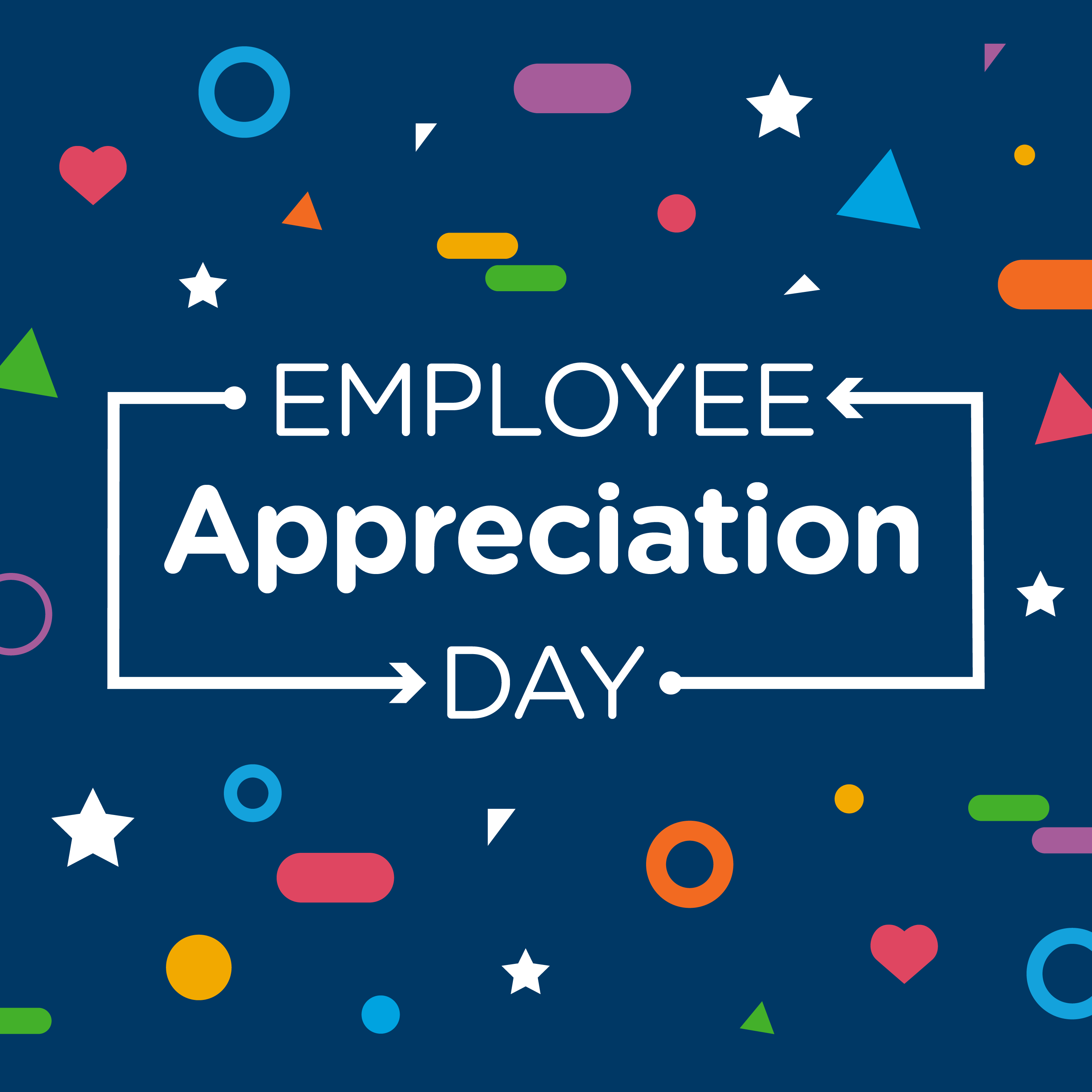Let’s get things out in the open: Your business may be facing an impossible situation. And sometimes those impossible situations lead to bad news for your employees, such as redundancies.
This bad news – telling someone something they do not want to hear is not what people in HR like doing. It’s the flipside to offering learning and development opportunities, giving someone counsel to help them overcome a challenge, the promotion or pay rise you are giving. But it is an unfortunate reality. HR has to understand and deal with the fact that our jobs have what I call 'the crunchy' and 'the smooth.'
But as an HR leader, you can make a difference in these difficult situations and see how you can positively impact a challenging situation, such as communicating mass redundancies.
Here are some ideas I have used and seen HR colleagues use, which I hope can help you navigate the more 'crunchy' part of HR.
Download our eBook to see how other employers are handling the COVID-19 pandemic »
Let open and honest communications lead, and tell people what you know when you know it
In 2018 we made the difficult decision to close down our Macedonia office. We knew that to achieve our business goals, serve our clients better and to create a path for growth, we needed to have certain teams closer to the clients we had. Unfortunately, we did not have any clients in Macedonia and whilst the team were great and had achieved great things for us, we knew that we needed a UK-based team to achieve our future company goals.
We could have hired the team in the UK and then spoken to the team in Macedonia to tell them of the news, but we knew that that was not right and would not be telling them the truth.
Instead, we decided to tell the Macedonian team as soon as the decision was made that we would be closing the office in six months. We asked them to stay until the office closure to complete their projects, and if they did they would receive additional severance as a thank you for helping us achieve our goals.

We explained that the decision was made not because of what they had or had not done, but because of factors which were not in their control, which is what many businesses are facing today as we move through the COVID-19 pandemic’s effect on business continuity.
We also made sure that employees understood that we would support their personal growth goals, i.e. finding new jobs, career development, learning and development and in a couple of cases moving to a new country.
The result of this was that our employees were able to find new jobs and receive a severance package because they completed the project and delivery targets. In turn, we were able to concentrate on building our team in the UK and facilitate handover from country to country.
Don’t sweep redundancies under the rug: Say farewell and celebrate achievements publicly
When we spoke to the team, we were clear. Life was still to go on. They were still to celebrate successes, and as a company we prioritised making sure they felt appreciated and a part of the company with attendance at our all-hands events and a farewell dinner and drinks.

This may not be right for all businesses, but when we spoke to our office leaders and asked how we could help with this transition, they told us that being honest and grateful for the team’s work would go a long way. So when the team hit their milestones, we made sure we were deliberate and public about our thanks by recognising employees, making sure all our employees knew of their great work and successes.
One of our clients, Macmillan Cancer Support, knew it had to make redundancies and added new eCards to its employee recognition platform as a way to say thank you and goodbye to employees. These eCards are displayed on a social recognition wall for the whole organisation to see, comment on and react to – helping to positively connect people even during difficult times.


Keep a pulse on employee morale through consistent employee feedback
Listening to your staff is easy, but listening with care and being deliberate with your actions takes time and energy. We knew that if we did that then we would all benefit and we did.
Because we took the time to communicate with our people, they worked hard and did more, right up to the very end.
At times they wanted more clarity. We thought we were clear, but they wanted more. So we upped our game. We doubled down and shared even more in writing. We asked them for more feedback.
We worked in partnership, rather than against each other
We used our employee survey tool to enable us to get anonymous feedback or named feedback based on how comfortable they felt to do that. We asked them to help us, and they did. But we also were vulnerable in doing so, and this meant they saw we had taken a risk to get them to help us.

How to prevent redundancies leading to more leavers
So, what do you do when you are worried about losing top performers, do you tell them the truth now, or do you wait?
For me, you engage them. You allow yourself to be vulnerable, open and honest, distinct in your action and deliberate in your behaviours, And yes, this means taking a risk.
But what is the worst that can happen, someone leaves?
Think about it this way: Your goal is to create an environment where your leavers (no matter what the circumstance) will add value to your employer brand by saying that your organisation helped them, and did the right thing in difficult circumstances.
You want them to say that you are a great place to work and a place which really does walk the walk.
Hold your head up high and be confident in your decisions. Do that, and you walk tall. Lead from the front and other people in the business will thank you, will praise you and will make sure that your hard work and open and honest way will be beneficial to you.
If you behave as you promise you will, then you build respect
People will then deliver more for you, as they trust you and that is worth more than severance payments; it is buying goodwill, public goodwill, that delivers change, success and growth.
Communicating about redundancies is difficult already. Don’t make it harder for your people. If you concentrate on doing the right thing, then you’ll be able to get through these challenging times.

 Robert Hicks
Robert Hicks



